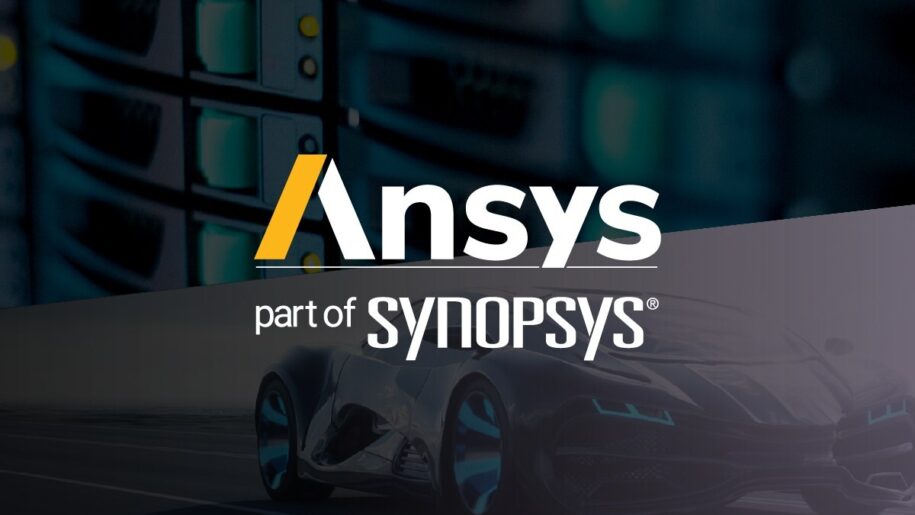On July 17, 2025, Synopsys officially completed its $35 billion acquisition of Ansys, cemeting one of the most significant mergers in the history of electronic design automation (EDA). First announced in January 2024, the deal unites two global leaders – Synopsys in silicon design and IP, and Ansys in simulation and analysis – to create a more integrated, AI-accelerated engineering workflow.
This strategic move is about more than just scale. It’s about enabling customers to rapidly innovate AI-powered products by connecting digital design, system-level simulation and multiphysics analysis like never before.
Why Synopsys Acquired Ansys

“With Ansys’ leading system simulation and analysis solutions now part of Synopsys, we can maximize the capabilities of engineering teams broadly, igniting their innovation from silicon to systems,” said Ghazi.
By combining Ansys’ physics-based simulation expertise with Synopsys’ proven EDA and IP portfolio, the new offering is poised to unlock deeper co-optimization across power, performance, reliability and manufacturing.
The acquisition expands Synopsys’ total addressable market to $31 billion, across semiconductors, high-tech, automotive, aerospace and industrial sectors.
Key Impacts for Design and Verification Engineers

Unified Silicon-to-Systems Workflows
With Ansys now part of the Synopsys stack, design and verification engineers can expect tighter integration between RTL, verification and system-level simulation – reducing tool friction and enabling earlier, more accurate modelling of complex behaviours.
Multiphysics-Driven Signoff
Engineering teams can expect enhanced support for thermal, electromagnetic and power-aware simulation across the EDA flow. These capabilities are essential for modern SoC designs, especially with the rise of chiplets, 2.5D/3D packaging and heterogeneous integration.
AI-Accelerated Product Development
The acquisition enables AI-enhanced automation across simulation and verification, helping teams speed up time-to-market for products in AI, automotive and aerospace – where safety, performance and compliance are most critical.
The Synopsys-Ansys Roadmap

- First set of joint tools: Expected mid 2026
- Focus areas: Multi-die packaging, verification-aware simulation, system-level modeling
- Leadership: Ansys CEO Ajei Gopal and Ravi Vijayaraghavan have joined the Synopsys board, ensuring technical and strategic alignment
More information is available in the official Synopsys news release
What’s Next?
For ASIC and SoC development teams, this acquisition points towards more unified, physics-aware design environments – bridging the gap between architecture, verification and real-world performance. The full benefits will unfold over time but the direction is clear” EDA is becoming smarter, more connected and more system-aware. As design complexity rises, the tools powering innovation must evolve – and its moves like this that accelerate that evolution.

